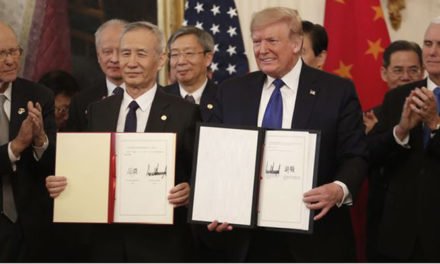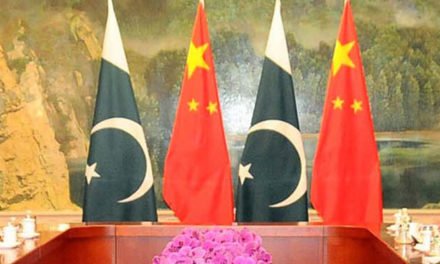Cotton Council International (CCI) President Hank Reichle led a delegation of 8 US cotton executives to Korea, Taiwan and Vietnam including ACSA Chairman Tim North; ACSA Vice Chairman William Barksdale; ICE VP, Tim Barry; Supima President & CEO Marc Lewkowitz; AMCOT representative, Carlo Bocardo; and ACP representatives Doyle Schniers and Jason Condrey.
In the context of significant global economic change and accelerated shifts in the global textile supply chain, high level discussions were held between the delegates and textile industry leadership in Korea, Taiwan and Vietnam, to address the challenges facing the cotton textile industry and how industries can work more closely to support each other, according to a report by CCI.
As long time and loyal customers of US cotton, Korean and Taiwanese spinners have enabled the US industry to reach market shares of 66 per cent and 77 per cent, representing approximately $255.9 mn and $192.3 mn respectively.
In Korea, the delegation presented summaries of the US and world cotton economic outlook, US cotton quality, keeping cotton clean, improvements in cotton delivery, ICE futures, sustainability, the US Cotton Trust Protocol and Supima. The current trade environment, shifts in the cotton market, decrease in brand and retailer demand and overseas investments dominated the talks. Both Korea and Taiwan have substantial investments in Vietnamese spinning mills and other locations around the globe. The US industry reiterated that US cotton can deliver both in quality and quantity, no matter where the mills are situated. A dinner was held with SWAK President Joon Kim along with five Korean mill executives during which both sides reaffirmed their longstanding relationship.
In Taiwan, the group was briefed by ATO Director Christ Frederick and section chief Lucas Blaustein regarding agricultural imports to Taiwan which is the US’s eighth largest export market. Justin Huang, President of Taiwan Textile Federation, gave a presentation on Taiwan’s textile industry and global investments. Although Taiwan is heavily vested in performance fibres and fabrics, cotton remains an important part of their supply chains with annual consumption reaching 1.4 mn bales shared equally by mills both in country and abroad.
Continuing on to Vietnam, the delegation visited Taiwanese-invested Tainan Textile Co Ltd, where they learned US cotton constitutes 60 to 70 per cent of their consumption. With 600,000 spindles, exports make up over 75 per cent of total production. With the slowdown of yarn demand from China, the mill is exporting increased quantities to the Southeast Asian region, as well as other areas such as South America.
The trip culminated with Vietnam Cotton Day. Once again, CCI partnered with VITAS, the Vietnam Textile and Apparel Association which helped to recruit yarn, fabric and garment manufacturers to travel to Ho Chi Minh city and participate in the event.






















